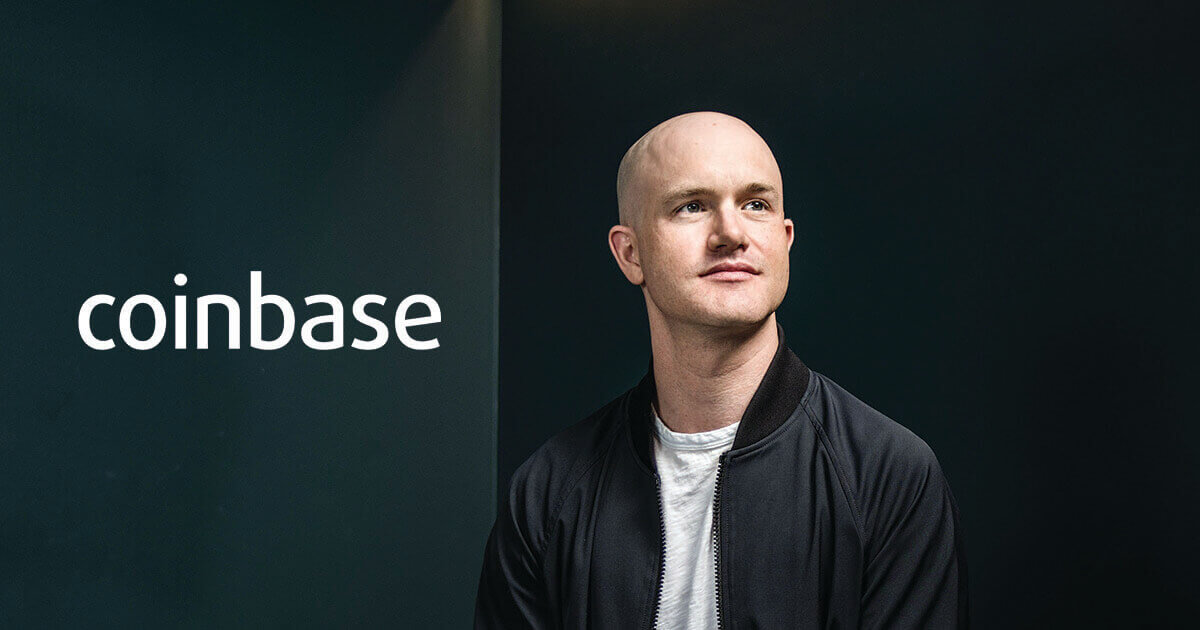On August 31, 2023, Ari Paul, the Chief Investment Officer and Founder of BlockTower Capital, engaged in a public critique of Coinbase CEO Brian Armstrong’s vision for the future of cryptocurrency. Armstrong had recently tweeted about ten key opportunities he believes are ripe for innovation in the crypto space. These areas include a decentralized cryptocurrency pegged to the Consumer Price Index (CPI), a blockchain-based reputation system akin to Google’s PageRank but for crypto addresses, decentralized advertising through smart contracts, a decentralized method for startups to raise funds globally, a marketplace for labor where tasks can be posted and paid for in cryptocurrency, optional privacy features for Layer 2 solutions, a fully decentralized on-chain peer-to-peer exchange, games with in-game items as NFTs, tokenizing real-world assets like debt and commodities, and software tools for managing small communities that could evolve into self-governing entities.
Paul, while acknowledging Armstrong’s significant contributions to the crypto industry, offered a nuanced critique of these ten opportunities. He argued that the concept of flatcoins, or cryptocurrencies pegged to stable values like the CPI, was not particularly novel and urged entrepreneurs to bring “an idea for something 10x better.”
He was more skeptical about on-chain reputation systems, labeling them a “dead-end for at least five years” and cautioning that they could lead to financial losses. On-chain advertising was interesting but fraught with “big tech stack & UX friction,” according to Paul.
He agreed with Armstrong on the subject of on-chain capital formation, calling it a “natural fit for cryptocurrency.” However, he dismissed the idea of a global job market paid in cryptocurrency as not inherently related to crypto, suggesting instead that adding crypto payments to existing platforms like Mechanical Turk would suffice.
Paul also emphasized the challenges in monetizing privacy-related features in Layer 2 solutions but noted the humanitarian benefits of such tools. He lamented the underfunding of peer-to-peer exchanges, calling them a “core and critical part of the cryptocurrency value proposition.”
On the topic of on-chain games and NFTs, Paul admitted to being overly optimistic in the past but remained excited about the sector’s potential. He was enthusiastic about tokenizing real-world assets, calling it his “favorite theme.” However, he was less bullish on the idea of tools for network states, although he acknowledged their potential for business coordination.
Paul concluded by admitting that he agreed with Armstrong on more points than he initially thought, stating, “My headline tweet [was] a little misleading.” His critique serves as a reminder that while the crypto industry is ripe for innovation, not all proposed paths hold equal promise. His comments underscore the need for critical evaluation and debate as the sector continues to evolve.
Image source: Shutterstock
